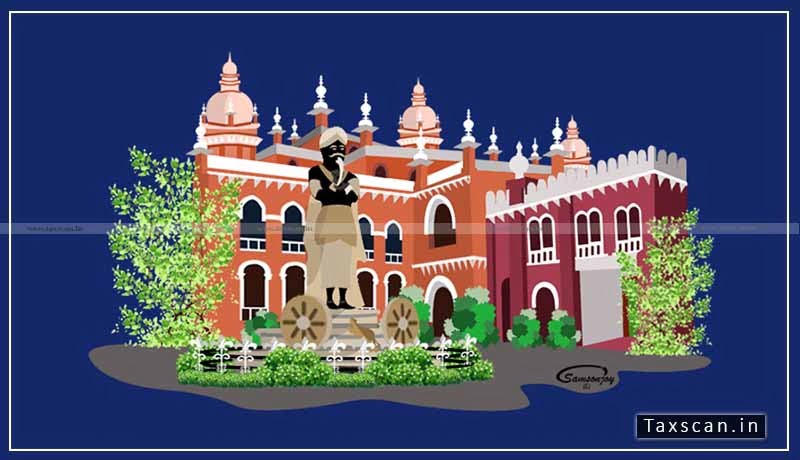Subsequent Amendment to Application before Settlement Commission would invalidate the Original Application: Madras High Court sm subramaniyam
- ITAT quashes Reopening of Assessment as there was Absence of Valid Assumption of Jurisdiction by AO
- ITAT rejects Invocation of LOB and allows Indo-UAE Tax Treaty benefits on Shipping Income to Company managed and Controlled in UAE [Read Order]
- Withholding of CA Exam Result: Rajasthan High Court directs ICAI to grant relief to CA Student [Read Order]
- Parallel Investigation of GST Offences by Centre and State Officers: A detailed Case Analysis
- Customs Dept. failed to issue SCN for Recovery of Customs Duty, issue of Admissibility of Interest and its rates doesn’t arise: CESTAT [Read Order]
Subsequent Amendment to Application before Settlement Commission would invalidate the Original Application: Madras High Court
The Madras High Court ruled that the application filed under section 245(C) must contain true and full disclosure of income, subsequent modification would dis-entitle Settlement Commissioner to entertain application.
The writ petitioner is Commissioner of Wealth Tax and the order passed by the Settlement Commission is mainly challenged on the ground that there was no true and full disclosure by the respondent-assessee, Krishna Tiles and Potteries (Madras) Pvt Ltd. at the time of filing of an application under Section 245(C) of the Income Tax Act.
Even during adjudication, the petitioner/Department could able to establish that the assessee has not approached the Settlement Commission with true and full facts. In spite of the fact that the respondent/assessee approached the Settlement Commission with unclean hands, the Settlement Commission entertained the application in violation of the provisions of the Act and further, passed an order, which is not in consonance with the powers conferred to the Settlement Commission under the Income Tax Act.
The petitioner reiterated that they have raised strong objections before the Settlement Commission, stating that the basic jurisdictional fact of “full and true disclosure” was absent in the application. Thus, the Settlement Commission did not have the jurisdiction to take up the application or grant relief and further, challenged the order of admission by the Income Tax Settlement Commission. When the said writ petition was taken up for hearing the Vice Chairman of the Settlement Commission appeared in person and stated before this e Court that the Revenue’s objections would be taken into account at the time of passing the final order.
The coram of Justice S.M.Subramaniam clarified that the true and full disclosure must be with reference to the application submitted by the assessee at the first instance. Submission of additional statement of facts providing further disclosure would invalidate the application as the assessee has not filed the application with true and full disclosure.
The Court said that Section 245(C) of the Income tax is clear that the application filed under Section 245(C) must contain true and full disclosure of income. During the course of adjudication, if the Income Tax Department is able to establish that certain details and the properties and documents were not filed along with the application filed by the assessee or if the assessee files an additional statement of facts for the purpose of settlement, then it is to be construed that the application under Section 245(C) of the Income Tax Act was not filed with true and full disclosure, and the disclosures made cannot be trusted upon.
“Thus, to comply with the requirements of the provisions of Section 245(C), there is every reason to believe that the assessee has not approached the Settlement Commission with clean hands and thus, the Department is empowered to go for further adjudication. This being the very purpose and object of the condition imposed under Section 245(C) of the Act, there is no reason for the Settlement Commission to get along with the application, which was not filed with true and full disclosure. Thus, the Settlement Commission has committed an error apparent and allowed the application filed by the respondent in violation of the provisions of the Income Tax Act,” the court added.
Subscribe Taxscan AdFree to view the JudgmentSupport our journalism by subscribing to Taxscan AdFree. We welcome your comments at

